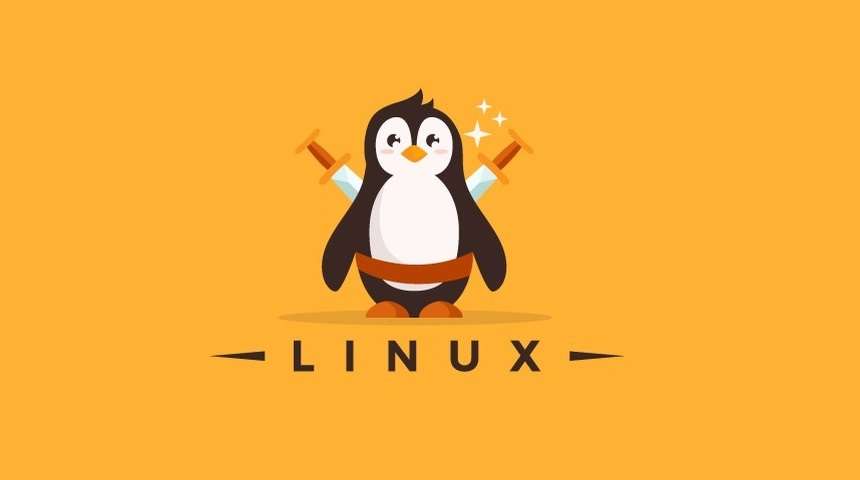Open source software is an emerging business today. The Firefox browser we frequently switch for faster speed or the corporate life savior, OpenOffice- all have been the outcome of global open source community collaboration. By the time you read this article, open source developers will reach a fascinating 20 million mark. But what drives the core of an open-source movement? Is it just the code generated after days of deliberations and permutations or something colossal, inclusive, and yet diverse?
Talent may win games, but it's intelligent teamwork that wins championships. It is none other than a community of developers, creators or maintainers that sustain and grow an open source project. It might take an individual to envision a software and commit the first batch of codes, but it's an effort of a whole community that chauffeurs bugs and makes the project indispensable.
How do communities impact open source software growth?
An open source community is a foster school for developers who intend to break records in winning championships. Defined as a semi-organized collection of developers, an open source community encompasses like-minded contributors from different backgrounds to work on a software project. Every individual member has a role to play- to nurture software building and serve billions of consumers.
I remember an ancient English quote on occasion- It takes a village to raise a child; likewise, it takes a motivated, self-driven community to build a sustainable open source project. A community ensures constant flow of ideas and combinations of codes to design revolutionary software. A code may assist an organization in making millions in profit. However, a community ensures those profits aren't eroded any time soon by bringing dynamic changes in a static code. Without constant watch on code performance, the programs may get dormant and the technologies redundant. A community acts as an internal watchdog for software administration and ticks all boxes on the list for higher customer approval and acceptance.
Taking the example of Linux, what would have been your go-to OS if not Linux for secured communications? Only after due collaborations and creative innovations of an open source community, we got Linux, Apache, and Firefox that remodeled how we understand and use technology.
An open source community is not a physical or social construct; rather it is defined by the diversity of interests, goals, and pursuits that helped democratize open source innovations. The idea of using community building for transformative innovations isn't new and dates back to the eighteenth century. Even the first industrial revolution was driven by a community of individuals way ahead of their time. They formed the Lunar Society of Birmingham; it helped the great minds explore, share ideas, and convert intellectual thoughts into solid prototypes. We got the first steam engine and Arkwright's wheel through the Lunar Society's community innovation. Three hundred years later, another community innovated Python and Apache, which paddled us towards the fourth industrial revolution.
An open source community ensures no developer is left alone in optimizing pretty scathing codes. By harnessing the open source community component, an organization can save hundreds of work hours and millions of dollars that in turn would have wasted.
Bottlenecks in leveraging potential of community-based open source model
Today, open-source society needs serious nurturing. While most communities are at a nascent stage, it is necessary to ensure dynamism in every member for a thriving, global community. Moreover, the open source industry has faced a vacuum of community development and ongoing innovation in recent years. With irregular and untimely donations, the developer communities are on the brink of facing a severe resource crunch. Global protectionist laws have gone from liberal to stagnated in a year with Covid-19, extending leverage to propriety software. One could argue that with the influx of developers, the communities become complacent and might show drastic cuts in efficiency. Furthermore, with growth in size, communities may face recurring security hazards and possibilities of secret agendas by developers, which is impossible in closed source software.
That's where Aviyel comes into the picture. With up to date code bases having the highest quality and security compliances, Aviyel is building a one-stop hub for developers, creators, and project maintainers to share knowledge, exchange ideas, and build prototypes. It prides itself as a community-driven monetisation platform that connects creators with developers and contributors. Aviyel makes sure that no aspiring developer, maintainer, or open source project is left behind.
We are transitioning to a fully automated world marked by the fourth industrial revolution. To maintain the legacy of an open-source movement, an OS community must encourage code exchanges and constant learning.
A community-based governance model shelters several like-minded geniuses that not only upscale the company's profits but satisfy customer needs. It is the community of millions of software developers that helped mature the open-source movement and build steady revenue streams.
Quoting Helen Keller, alone we can do so little; together we can do much. The line clearly defines the power of a community in bringing extraordinary outcomes. It is vital that open source communities now receive the deserved attention from the global software industry. Open source communities need to transform their commitments from subsistence to commercialisation. The bottom line of sustaining an open source society is collective freedom, transparency, and constant circulation of ideas.
Working together is a success in itself, and when a contributor is backed by a community of 20M geniuses, the results seem promising.





Top comments (0)